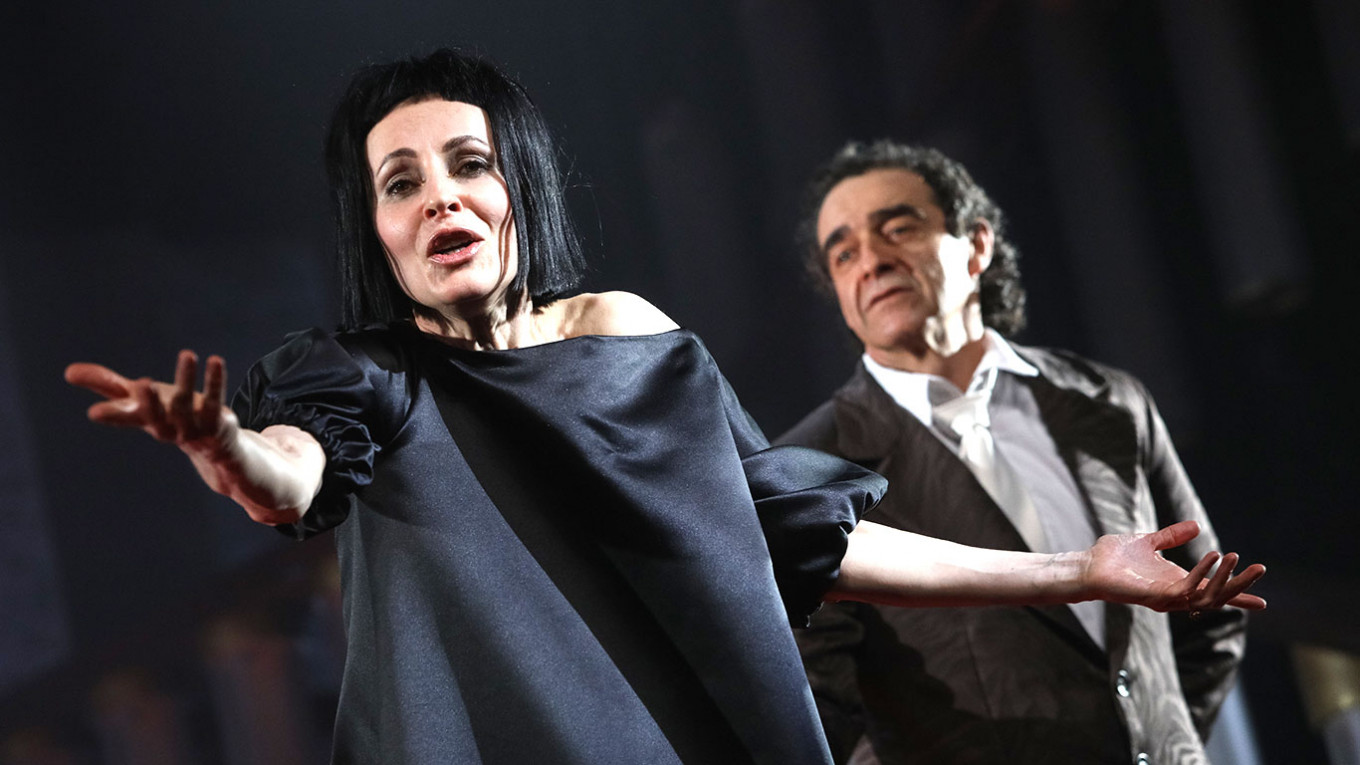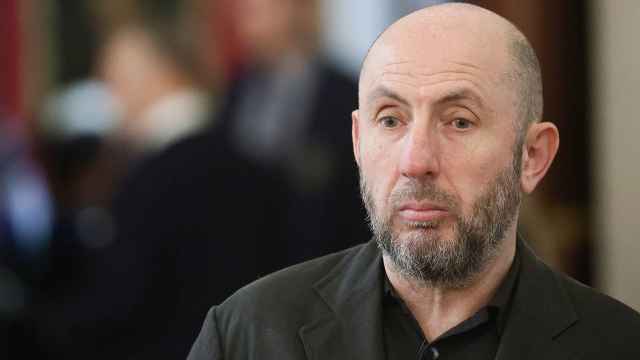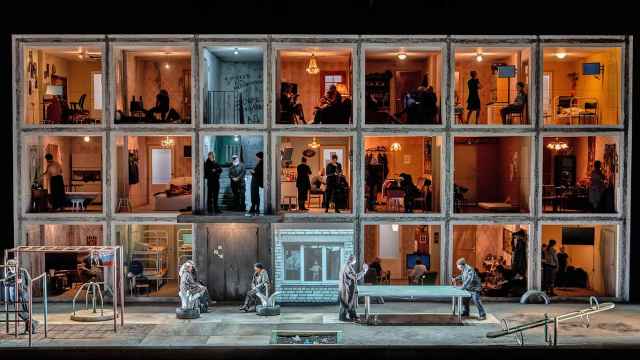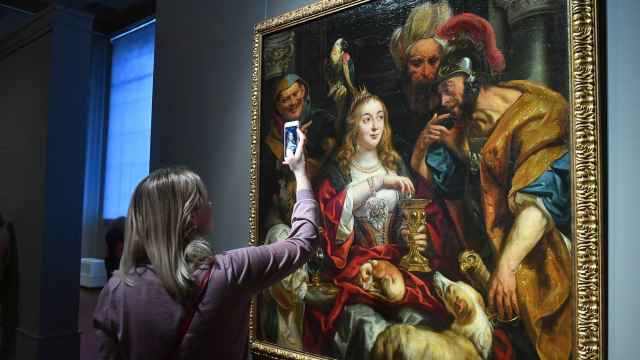The heads of some of Russia’s most prominent theaters have voiced their opposition to a proposed Culture Ministry initiative that aims to “strengthen traditional values” in Russian arts and culture.
The Culture Ministry unveiled its full proposal — entitled "Fundamentals of State Policy for the Preservation and Strengthening of Traditional Russian Spiritual and Moral Values” — for public discussion on Jan. 24.
With it, the ministry seeks to protect and strengthen what it calls “traditional Russian values” by undertaking tasks like “countering the spread of destructive ideology,” which includes immorality, denial of patriotism and the “cult of selfishness,” among others.
In an open letter published Thursday, the theater heads say they believe the ministry’s project “cannot have a positive impact on society.”
“Its adoption will in no way contribute to the preservation and enhancement of spiritual and moral values, the fostering of patriotism and love for our Motherland,” they wrote in the letter published by the Union of Theater Workers.
The letter’s signatories include Konstantin Bogomolov, artistic director of the Malaya Bronnaya Theater; Irina Apeksimova, director of the Taganka Theater; and Vladimir Urin, director of the Bolshoi Theater.
The Culture Ministry’s document defines traditional values as “moral guidelines” that secure national unity and include concepts like patriotism, strong moral ideals and historical memory.
Raising children "in the spirit of traditional values" and "defending the institution of marriage as a union of a man and a woman" are also highlighted as concepts to be promoted.
The ministry lists a number of threats harmful to preserving traditional values in Russia, such as "the actions of the United States and its allies, transnational corporations and foreign nonprofit organizations."
According to the theater executives, much of the proposal repeats sections of the decrees on National Security Strategy and Fundamentals of State Cultural Politics that were signed by President Vladimir Putin in 2021 and 2014.
The project comes amid Moscow’s ongoing quest to foster a distinct Russian identity by promoting traditional and moral values as a counter to “foreign” liberal ideals.
Russia banned the display of “gay propaganda” in 2013, ostensibly to protect children and install traditional values. Rights advocates say the law has been used to silence LGBT voices and erase depictions of same-sex relationships.
Russia’s art world hasn’t been immune to the government’s efforts to shape society.
In 2021, the pro-Kremlin group Officers of Russia alleged that Rinat Tashimov’s play “The First Bread,” starring one of Russia’s most beloved actresses Liya Akhedzhakova, was propagating same-sex relationships.
Following the accusations, the Culture Ministry announced that it was launching an investigation into the country’s leading theaters to inspect their compliance with Putin's National Security Strategy.
In their open letter, the theater heads voiced their support for Alexander Kalyagin, the Union of Theater Workers chairman who spoke out against the ministry’s initiative earlier this year.
Kalyagin described the project as “censorship” and claimed that its implementation will hinder the development of culture in the country.
A Message from The Moscow Times:
Dear readers,
We are facing unprecedented challenges. Russia's Prosecutor General's Office has designated The Moscow Times as an "undesirable" organization, criminalizing our work and putting our staff at risk of prosecution. This follows our earlier unjust labeling as a "foreign agent."
These actions are direct attempts to silence independent journalism in Russia. The authorities claim our work "discredits the decisions of the Russian leadership." We see things differently: we strive to provide accurate, unbiased reporting on Russia.
We, the journalists of The Moscow Times, refuse to be silenced. But to continue our work, we need your help.
Your support, no matter how small, makes a world of difference. If you can, please support us monthly starting from just $2. It's quick to set up, and every contribution makes a significant impact.
By supporting The Moscow Times, you're defending open, independent journalism in the face of repression. Thank you for standing with us.
Remind me later.






